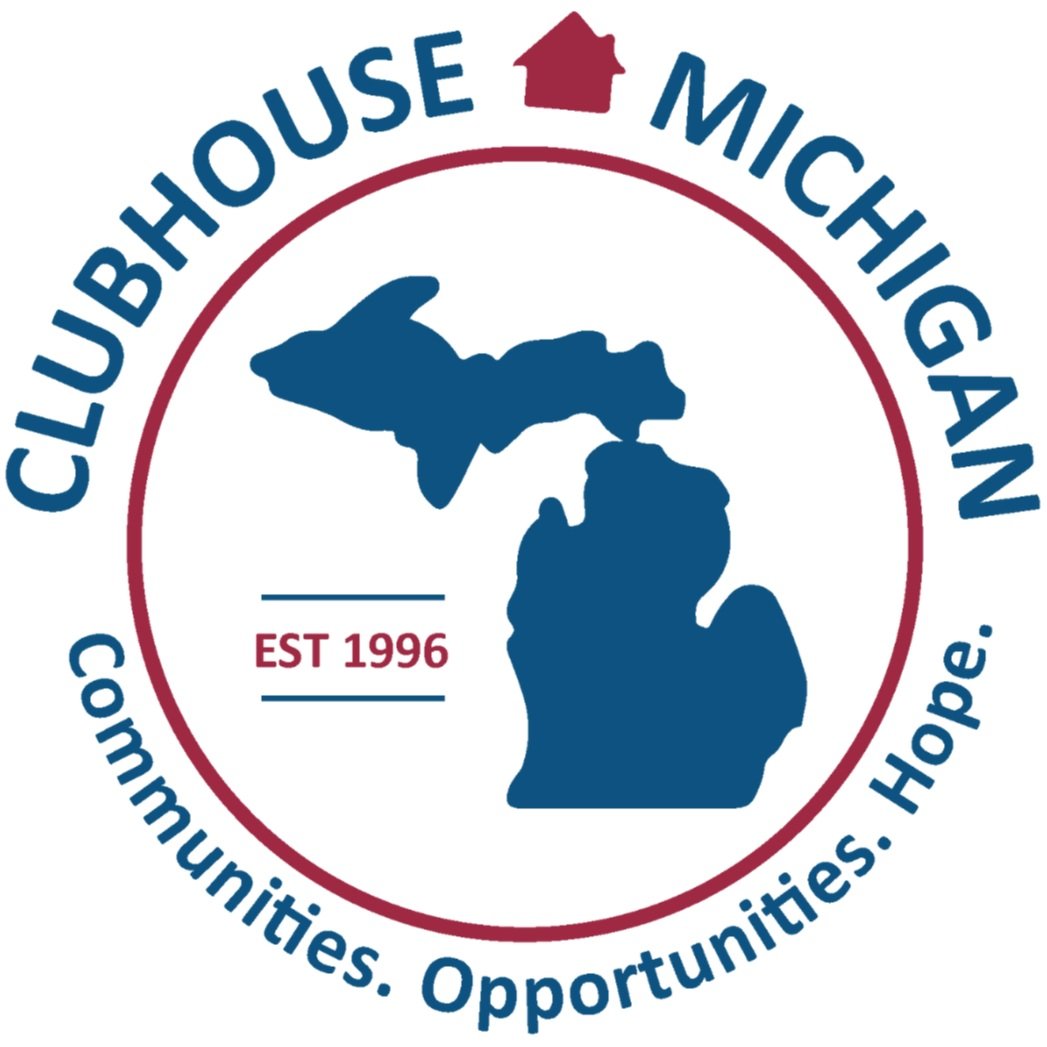Next Steps
The general method is as follows:
1. Target potential TE employers by seeking out the best employers in your community. Try to use your network to get a contact at the top levels of the company. Using your network is best, but sometimes cold calls are necessary and fruitful.
2. During your call to the employer, briefly explain Clubhouse and the TE program. Your primary goal is to secure permission to send a letter.
3. Send a letter right away. Sample letters are available through various trainings and by contacting the ICCD. The letter contains basic information about Clubhouses and Transitional Employment, and it asks the employer for a meeting to discuss the program in further detail. Either fax or mail the letter so that the person has a hard copy on their desk.
4. After sending the letter, follow-up to secure a meeting. Arrange the meeting so that it is long enough to fully explain the TE program. Development groups of 2 are usually best, and you never want more than 3 colleagues at a pitch.
5. During the development meeting, be sure to have a clear and organized plan of what you want to discuss with the employer. Explain Clubhouse basics, but do not belabor the details. Plan to spend most of your time explaining the TE model and rationale. Show them a few pictures of members at work. Take care to address issues that you anticipate they will be interested in, such as training, absence coverage, safety (mental illness education), interviewing, and other issues that may arise. Take a tone that predicts positive success. End with positive statements, references, and decide on next steps. Get their email address and ask for permission to use it.
6. Send a thank-you email immediately.
7. Be patient but follow-up regularly. Try to stay in touch monthly. Many of the best TE relationships take a long time to develop.
For more detailed information, attend an Clubhouse International Colleague training. They will provide you with detailed information on writing letters, a script for development meetings, information on placement management, and much more.


